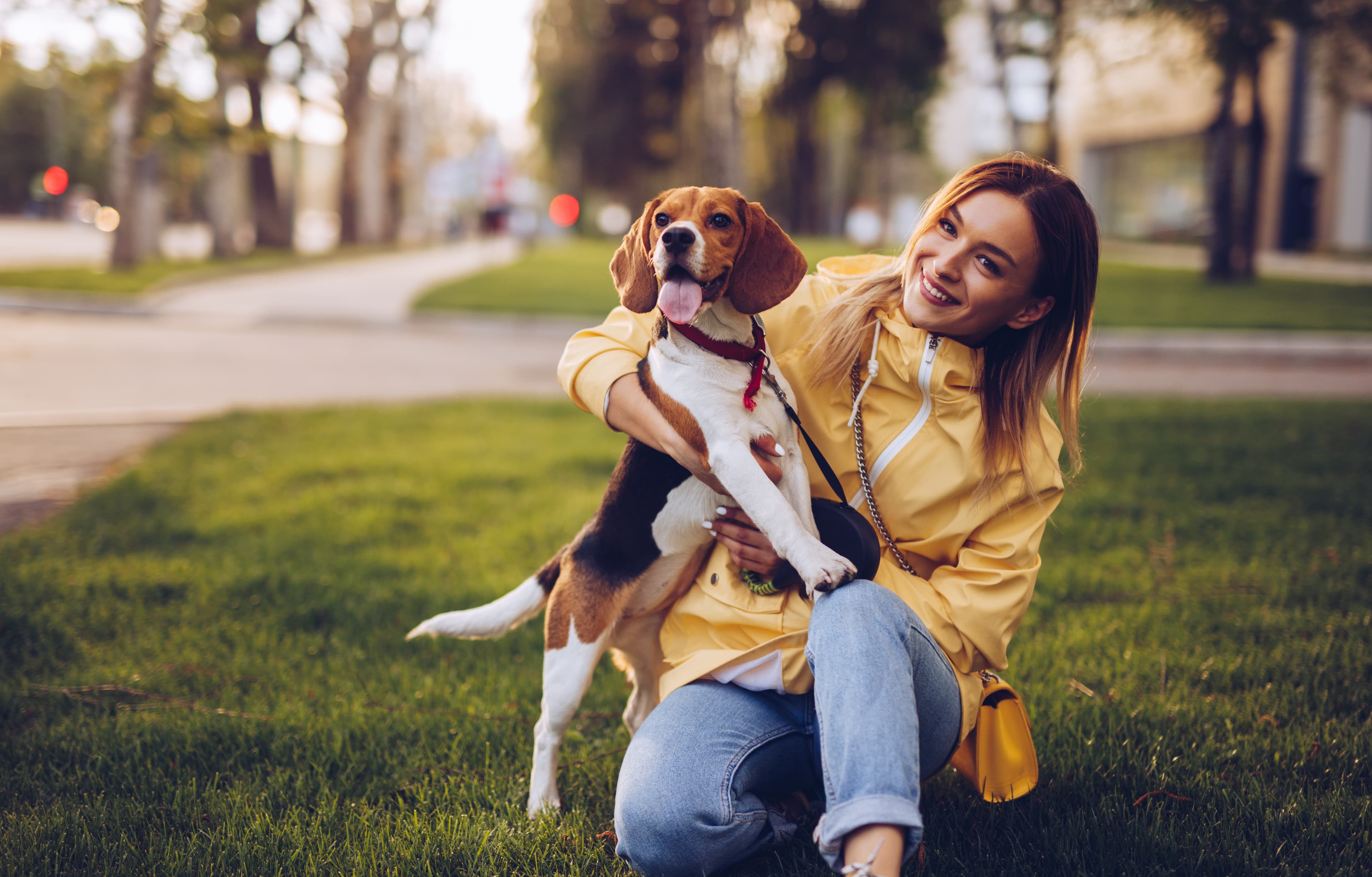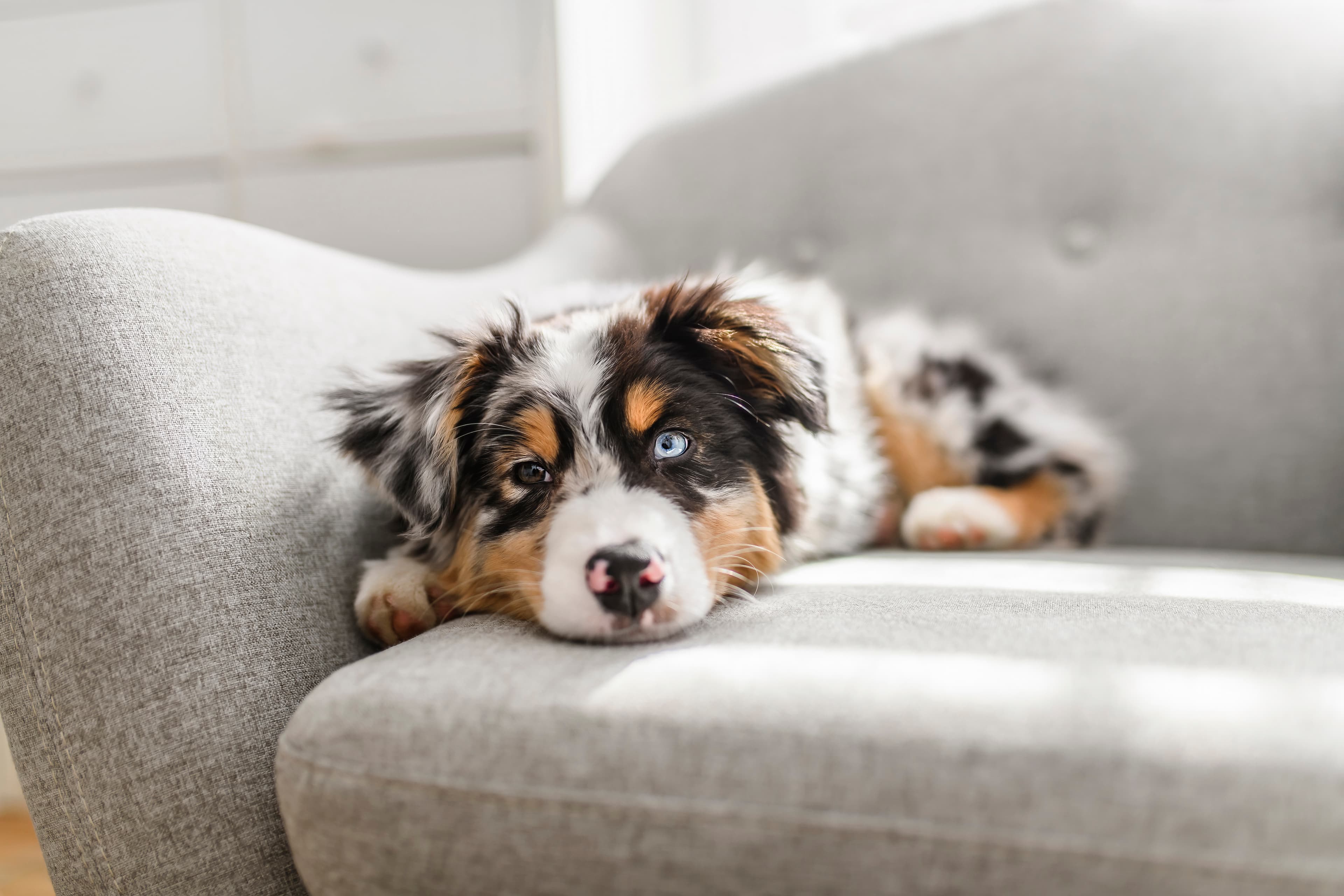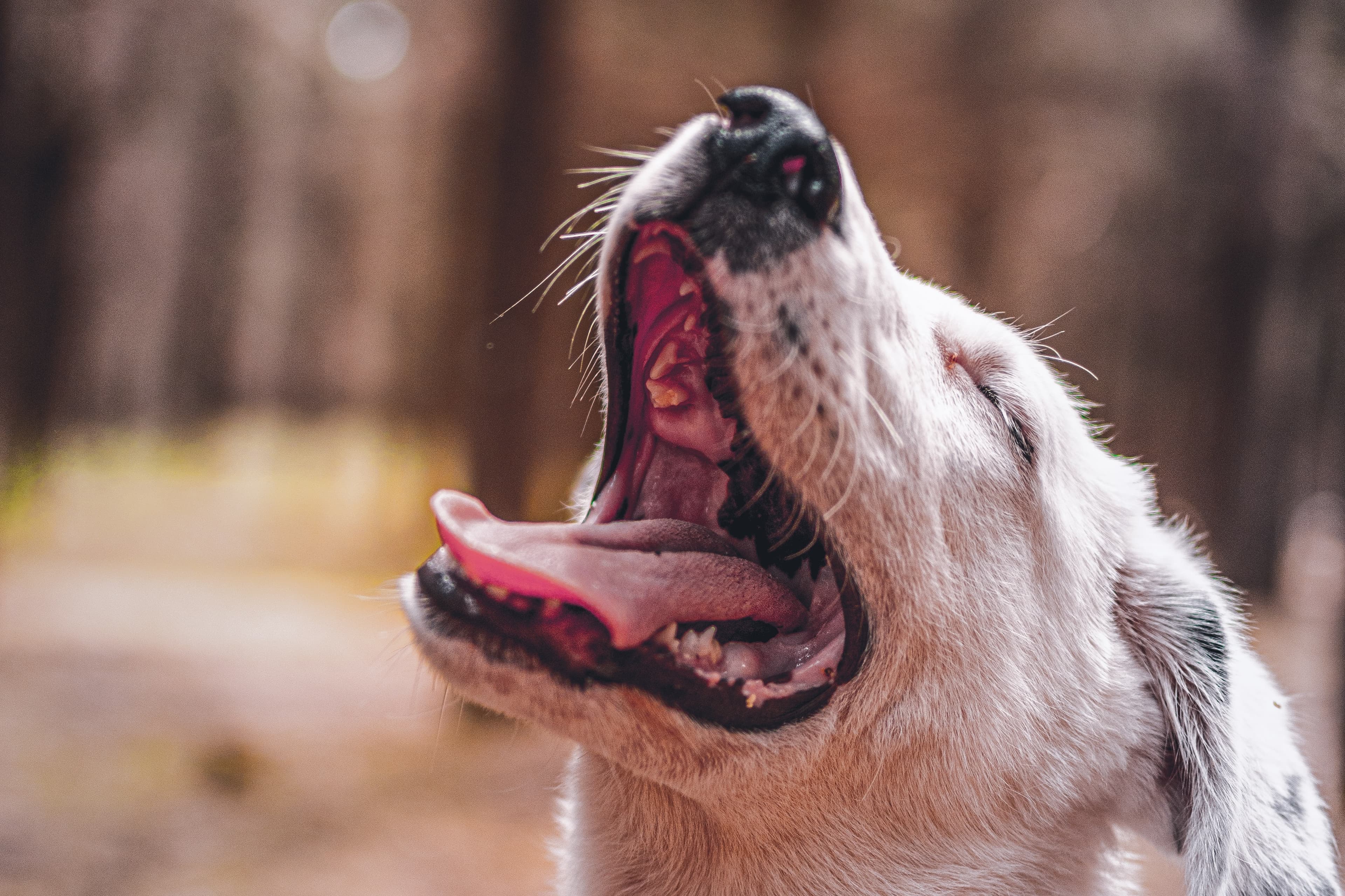When your puppy gets scared and ends up in the ghost age
As your puppy approaches adolescence, he may become fearful of various things for no reason at all. Specifically, the puppy may become afraid of things that previously caused no reaction at all, that it was previously perfectly fine with. This happens when the puppy enters its sexual maturation phase, which usually happens when it is around 5 months old. Below we will go through how to deal with the ghost age and fears in your puppy.
When does ghost age occur in puppies?
The ghost age usually occurs when the puppy is between 5-7 months old. That is, it occurs as the puppy begins to become a teenager, which is the same time that the puppy begins its sexual maturation. So a lot of changes will take place, which is also what represents the so-called ghost age.
Characteristics of the ghost age
It can be a bit tricky to know if your puppy is in the ghost age or not as this period can come and go. The puppy will get scared and then maybe let it go for a few weeks and then come back. It's important to know that this is part of the puppy's development but it's also good to know that all fears should be dealt with in the same way, regardless of ghost age or not. Hormone levels are particularly high during this period, even for puppies, which means that the puppy may become somewhat confused. This can result in behavioural changes such as aggressiveness towards other dogs, being less social with people and an increase in caution.
The puppy gets scared
The most prominent behavioural change is that the puppy becomes afraid of things it was not previously afraid of. For example, your puppy may suddenly become afraid of honking cars or falling leaves, even though every day before this you had encountered both honking cars and leaves without any problems. The reason this phase is called the 'ghost age' is simply because it is similar to a 'ghost' in the dog's brain, when behaviour changes without warning and for no reason.
What should I do during the ghost age?
Your puppy going through this confusing phase is something that you, as a matron or master, must also go through. It can be a very stressful period for both of you, but here we will give you tips to ease this phase as much as possible.
Your puppy will be scared. It is then important that you let it process at its own pace. This applies to any fears your puppy has while growing up. We want the puppy to realise for itself that danger is not scary and different individuals take different amounts of time to realise this.
You don't let the puppy "get over" a fear by forcing it or bringing the dangerous thing to the puppy. This is a super important rule. If the puppy is afraid of leaves, you can stop, let the puppy process what is happening, and give the puppy time to figure out that a leaf is not dangerous. It's best if the puppy turns on its curiosity and walks up to the leaf, but this can take a long time for some individuals, so never be in a hurry on your walks. Some other tips to consider regarding fears:
Let the puppy process at its own pace. Don't nag or pull it forward on the leash. Let the puppy keep the distance it needs and don't increase the intensity of what is scary. For example, don't throw around a leaf that is dangerous, let it lie still on the ground.
Be neutral in your approach. Do you get stressed when the puppy barks or backs away? Take a few deep breaths and stay in the situation.
Never be in a hurry on a walk. It's super important that your puppy has time to get over the fear. If your puppy has calm body language but hasn't ventured to the object, this can also be a sign that your puppy has "gotten over" their fear a little. But ideally, we want to give time for the puppy to pick up its curiosity.
Never reward with treats. Treats can shadow the actual fear and we can also accidentally "poison" the treat when it is associated with scary things. Be patient and don't tempt your puppy into anything scary.
It's easy for us to think "you've seen a leaf before, don't worry about it" but for the puppy at this stage, leaves are something completely new and something akin to danger. Remember that and show respect.
Don't pitying the puppy. Be a safe point but without pitying.
Environmental training
Use some common sense and don't subject your puppy to too much environmental training during this period. It's a phase that will pass. Environmental training is best done with a puppy that is confident and curious. This is not the time to challenge your puppy when they are at their most spooky.
Play eases tense muscles
Remember to play with your puppy a lot during this time. After you encounter a danger that your puppy has overcome, it may be a good idea to play for a while. Note! It's important to get the order right here: fear arises -> time to process the danger -> get away a bit -> play together.






